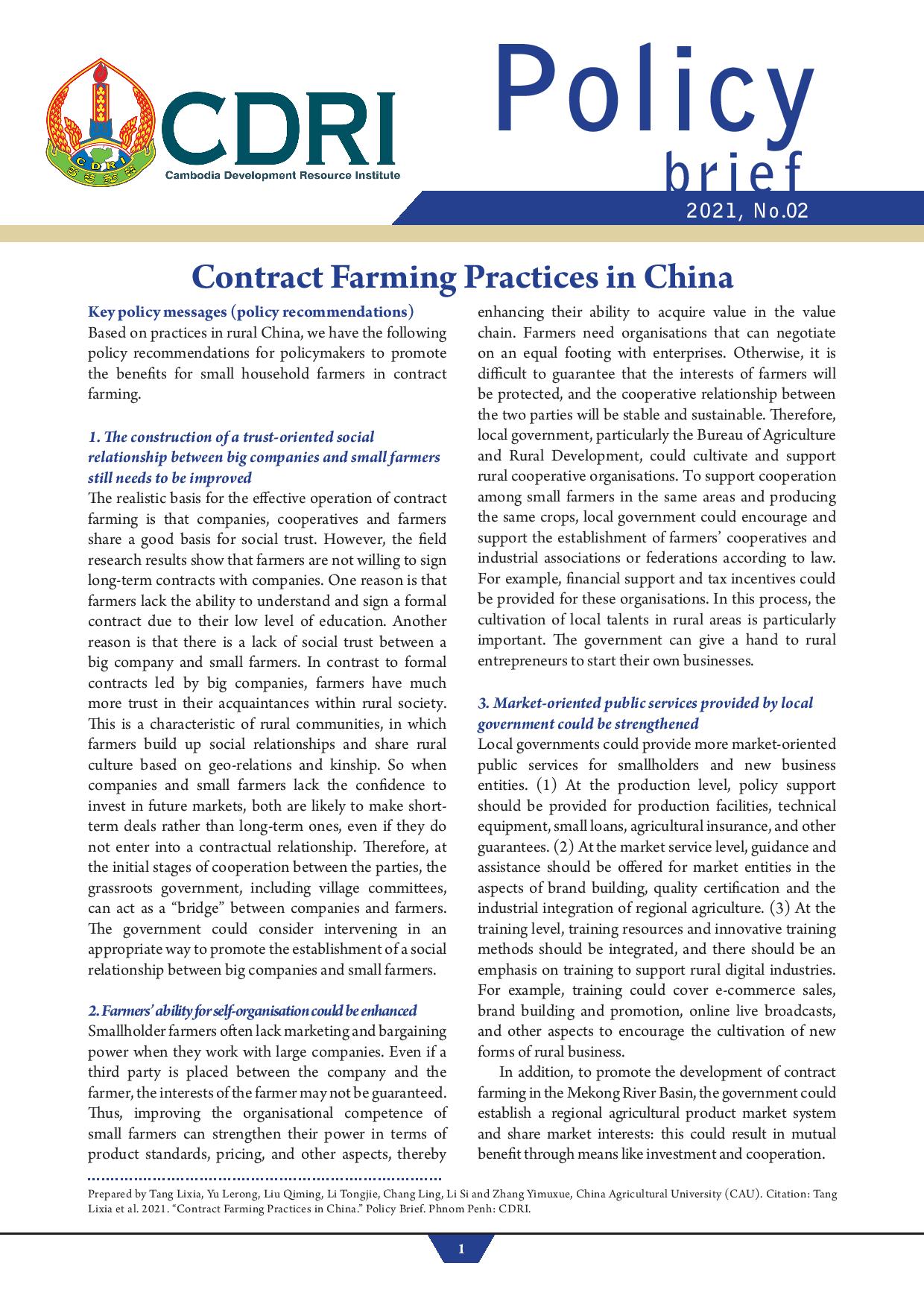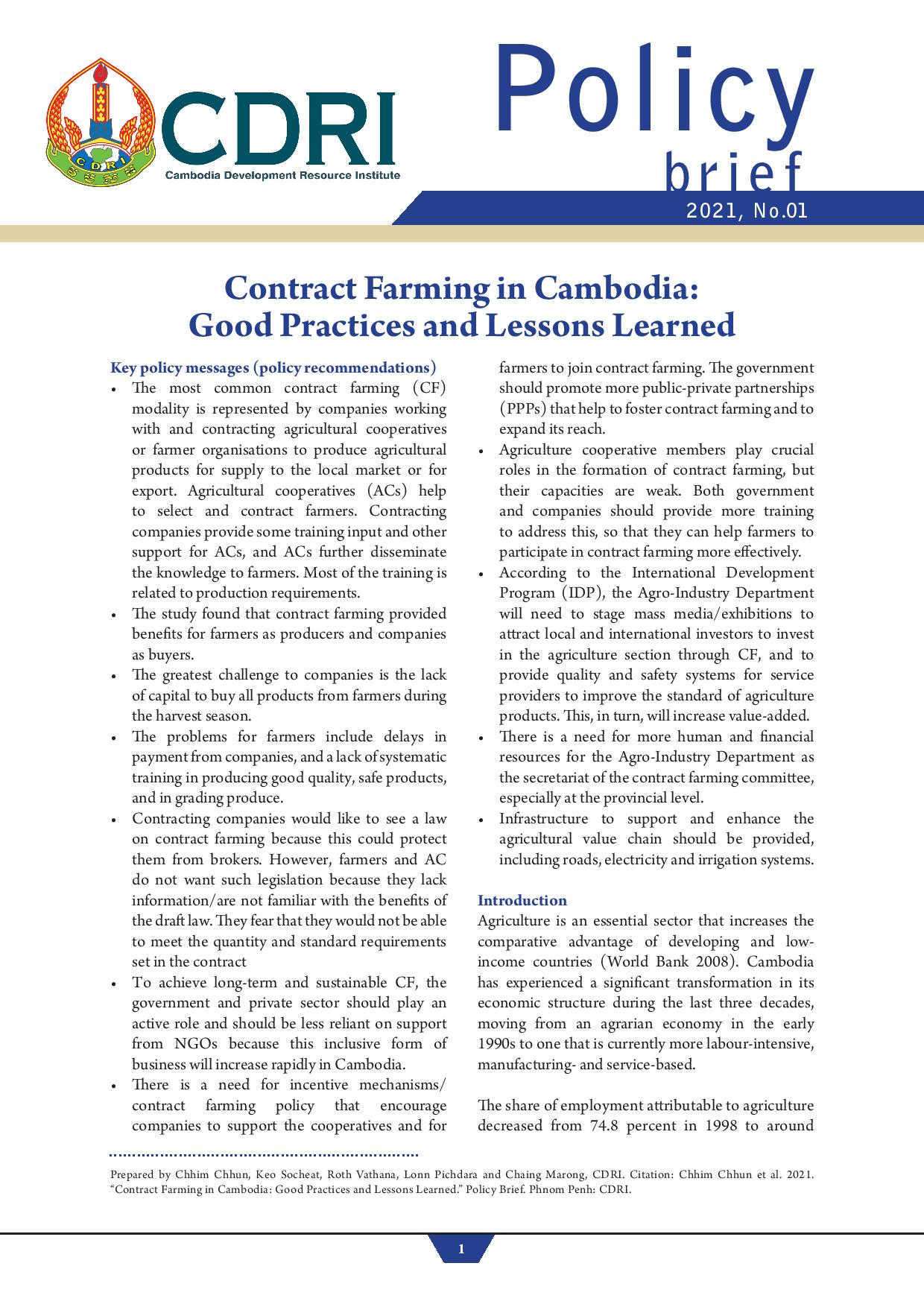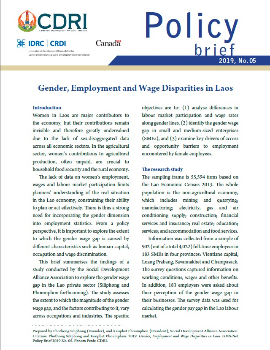
Use of Hydrological Knowledge and Community Participation for Improving Decision-making on Irrigation Water Allocation
Keyword: Hydrological knowledge, irrigation water allocation, participatory catchment management, farmer water user communities, water governance
Abstract/Summary
This study explores how hydrological knowledge and community
participation can enhance decision-making in irrigation water allocation in
Cambodia’s Stung Chrey Bak catchment. Conducted under the Water Resources
Management Research Capacity Development Programme (WRMRCDP), the research
integrates hydrological analysis with participatory learning and action (PLA)
methods. It identifies key challenges such as fragmented catchment management,
inadequate infrastructure, and limited technical capacity among Farmer Water
User Communities (FWUCs) and provincial departments. The study finds that while
water availability is sufficient during the wet season, dry season shortages
persist due to poor infrastructure and lack of coordinated planning.
Hydrological data, including stream discharge and crop water requirements, are
crucial for equitable water distribution and conflict mitigation. The paper
recommends strengthening local capacity through training, establishing
catchment management committees, and improving data collection networks. It
advocates for a participatory integrated catchment management (PICM) approach
to ensure sustainable irrigation and agricultural productivity. The findings
aim to inform policy and practice for more effective water governance in Cambodia.



